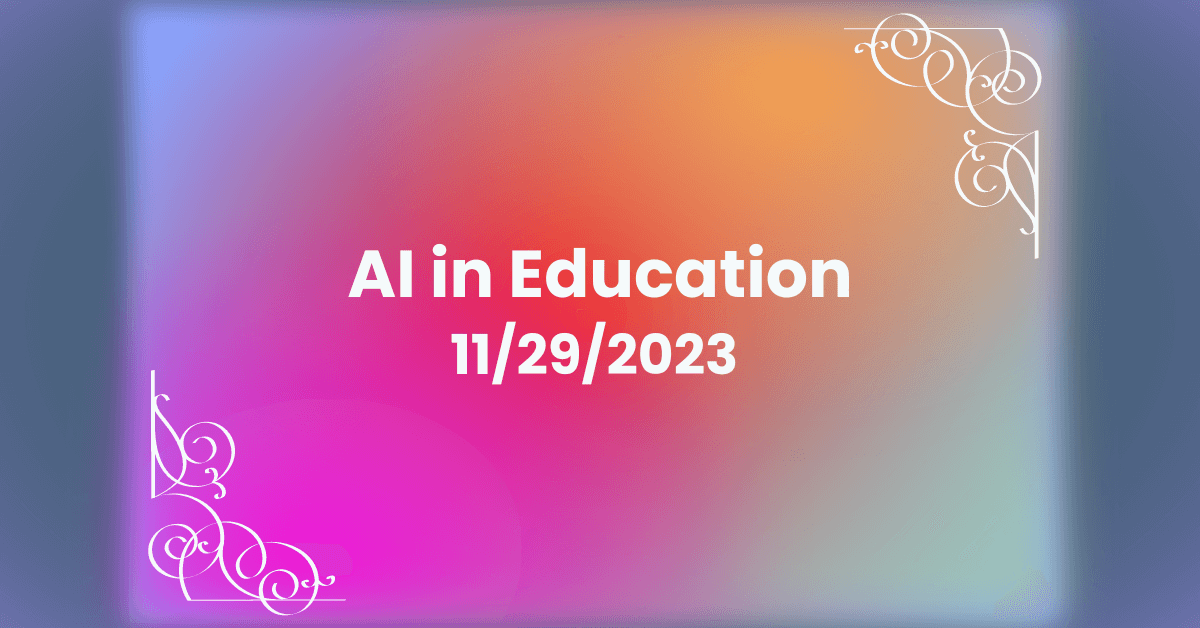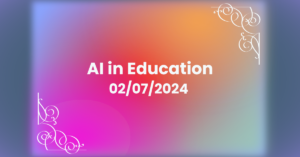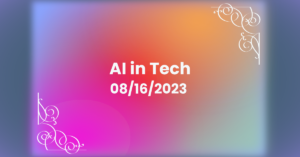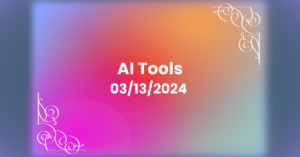AI in Education – November 29, 2023
The advancement of AI in the education sector has led to significant developments, notably the Department of Education’s appointment of Vijay Sharma as the Chief Artificial Intelligence Officer. This move underscores the increasing importance of responsible AI application in educational settings. Concurrently, a study revealed that less than half of the top 50 universities globally have established publicly available guidelines for AI use in academic settings, highlighting a gap in policy development despite AI’s growing integration in education
Addressing the rapid evolution of AI, experts recommend that school districts keep AI policies simple to adapt quickly to technological advancements. This approach, advocated during an Education Week webinar, suggests prioritizing basic, strong guidance and involving teachers in policy development. The focus is on understanding AI’s strengths and weaknesses and ensuring student data safety. Notably, the Peninsula school district in Washington state has opted for developing “principles and beliefs” around AI instead of rigid policies, emphasizing the role of educators as key decision-makers in AI’s application
Surprisingly, U.S. students and university leaders are among the lowest in AI usage worldwide, with only 38 percent of students using AI at least monthly, trailing behind their global counterparts. This trend opens an opportunity for U.S. institutions to deepen their understanding and application of AI. Despite low usage, U.S. students view AI favorably for enhancing student engagement, with a significant portion comfortable with AI chatbots. However, more than 30 percent of U.S. university leaders express ethical concerns regarding AI, particularly its potential for plagiarism. This contrasts with the belief of many U.S. students who see AI as a tool to revolutionize teaching and learning, indicating a disconnect between student and leadership perspectives on AI’s role in education
Further Reading:
- Generative AI in Accessible Education – Discussion of the challenges and potential of generative AI in education, emphasizing its ability to empower educators and learners despite barriers and low levels of preparedness for its adoption – eSchool News.
- Stillman College Pioneers AI Education for HBCUs – Stillman College leads in artificial intelligence education among HBCUs, backed by a Mozilla Foundation grant aimed at fostering responsible computing – Alabama Reporter.
Opening Artificial Intelligence to New Voices – A University of Texas at Arlington project, supported by a federal grant, focuses on enabling students to be AI innovators – University of Texas at Arlington News Center.







